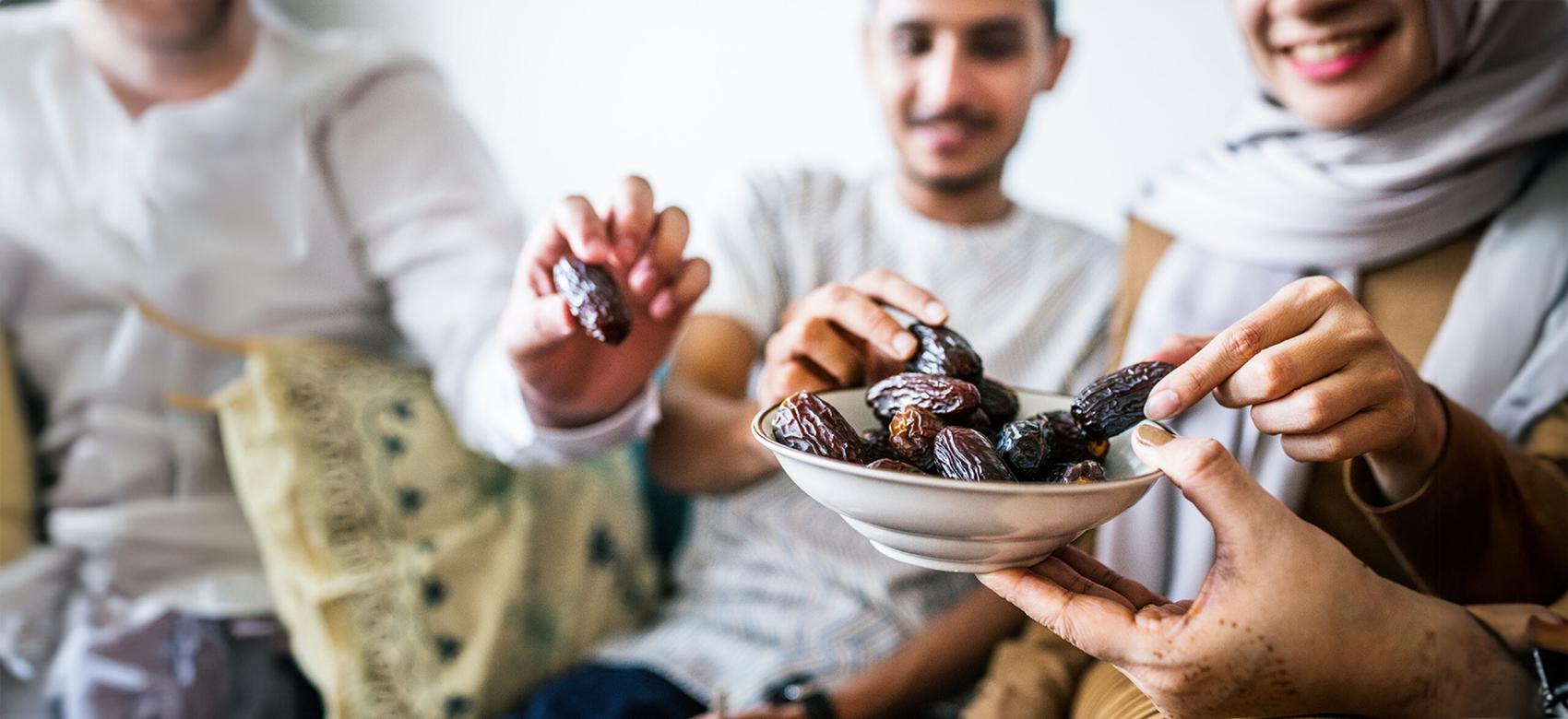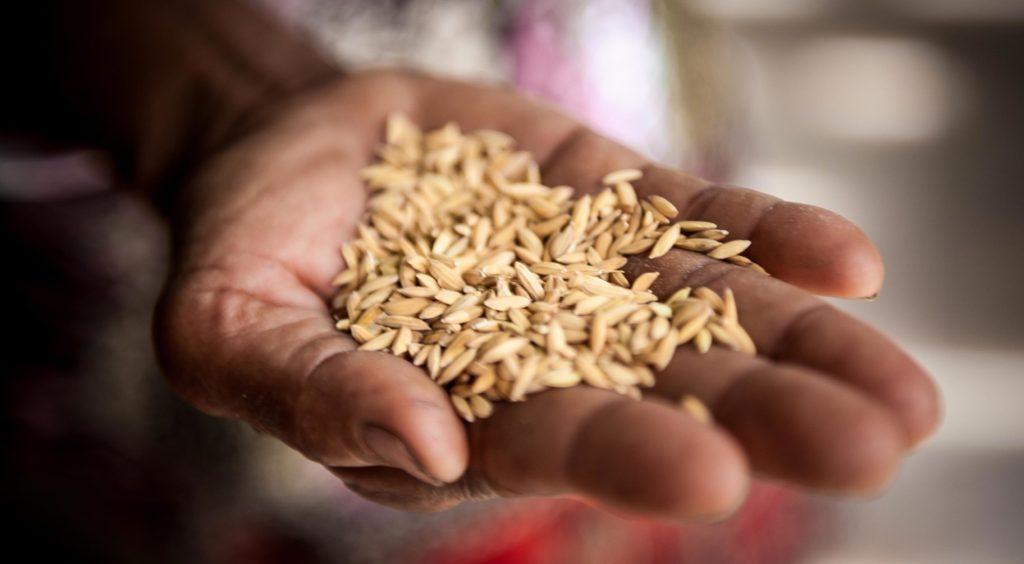How to stay healthy during Ramadan fasting
By Ayomide Gbadamosi

Tips for maintaining energy, meal prep and managing medications
The holy month of Ramadan, a period of reflection and devotion, is observed by fasting from sunrise until sunset. In 2024, it starts on March 11.
Ramadan is obligatory for all adult Muslims, with exceptions for those who are ill, pregnant, breastfeeding, travelling or facing any condition that may prevent them from fasting. During fasting hours, Muslims do not eat food or drink water. As such, some may find it difficult to maintain good health and nutrition while fasting.
Below, UBC experts give tips for managing health and nutrition while fasting.
What are the best foods to eat for energy that lasts during periods of fasting throughout the day? What foods will make you tired?
People may experience fatigue while fasting. Dr. Gail Hammond, Associate Professor of Teaching in the Faculty of Land and Food Systems, recommends eating a whole, balanced meal to sustain energy. This includes whole foods with a variety of nutrients, such as lean protein like fish or chicken, grain products like rice or bread, nutrient-dense beverages such as milk and smoothies and healthy fats such as avocados, olives and nuts.
“Fruit provides many nutrients along with fibre that may sustain energy for a period of time,” she adds. In contrast, “sugary beverages and processed foods are typically quickly metabolized, which can generate a period of high energy that quickly plummets, creating a slump in one’s energy level.”
How can we properly prepare meals for refrigeration? How do we make sure foods we prepare in advance do not go bad?
Muslims wake up as early as 3 am to eat breakfast and observe prayers ahead of fasting. Some may not have the energy to cook that early in the morning and will prepare food in advance.
Dr. Siyun Wang, Associate Professor in the Faculty of Land and Food Systems, emphasizes that food must be stored outside of the temperature danger zone of 4 degrees to 60 degrees Celsius, in order to prevent bacteria growth.
“Chill your meals immediately after cooking,” she advises. Ensure that your fridge holds an interior temperature below 6 C and don’t overcrowd it. Dr. Wang recommends using shallow containers with airtight lids for prepped meals and storing them for no longer than three to four days. “If it takes longer for you to eat the meals, then store the food in the freezer instead of the fridge.”
How can patients manage medications and go for diagnostic tests while fasting?
During Ramadan, Muslims who are sick are exempted from fasting. But patients with chronic medical conditions, like diabetes and high blood pressure, may still choose to fast.
Dr. Ali Reza Ladak, Assistant Professor of Teaching in the Faculty of Pharmaceutical Sciences, recommends that patients talk to their health-care providers before they begin fasting.
“Patients should trust their health-care providers to guide them in navigating medication management and diagnostic tests during fasting in Ramadan,” he says. “Some medications may be taken without alteration, while others may necessitate slight adjustments in timing.”
Certain instances may require significant modifications to medication regimens and dosages and vigilant monitoring. “Collaborative efforts between patients and health-care professionals are crucial to mitigate any potential risks and ensure patient safety,” he says.
Ayomide Gbadamosi is a writer with UBC Media Relations. This article was published on March 8, 2024, and adapted from UBC Media Relations. Feel free to republish the text of this article, but please follow our guidelines for attribution and seek any necessary permissions before doing so. Please note that images are not included in this blanket licence.


